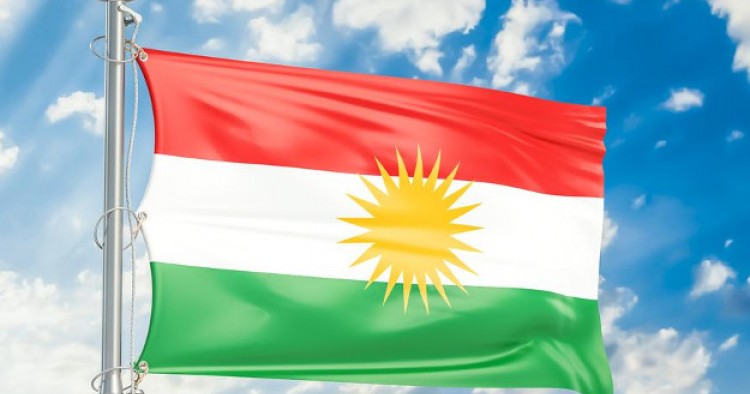An Iranian official said on Monday that Tehran has stopped 600 trucks carrying about 13,000 tons of fuel to enter Iraqi Kurdistan as part of a trade embargo on Erbil, Fars News Agency reported. Seyed Hamid Hosseini, the head of Iran-Iraq Chamber of Commerce, told reporters in Tehran that the decision was taken after Iraqi Kurdish leaders held an independence referendum a week ago despite opposition from Baghdad and Tehran. He expressed the hope that the Kurdish dispute is over so that Iranian businesses can resume exporting their merchandise to northern Iraq. “It is expected that the Supreme National Security Council takes a decision regarding Iran’s relations with the Kurdish region taking into consideration all aspects, and that closing the borders will be the last option,” he said. Hosseini emphasized that the Kurdish vote is not as risky for Iran as it may be for Turkey and Iraq. He, therefore, suggested that Tehran should not take the lead in imposing trade ban on Iraqi Kurdistan. Hosseini also raised doubt about relying on Turkey as a partner against Iraqi Kurdistan. “In the battle between pride and economy, Turkey has shown that it prioritizes economic and trade issues,” he said, adding that Ankara apologized to Moscow after shooting a Russian plane and resumed its trade relations.
Comment: Iranian leaders have reacted fiercely to the independence vote in Iraqi Kurdistan and have taken retaliatory measures against Erbil. Tehran has halted all flights to and from Erbil and Sulaymaniyah in northern Iraq and the Iranian military launched war games near the Kurdish border. Tehran is also helping Baghdad to take control of border crossings between the two countries.
But while Iranian military leaders and hardliners aim to punish Erbil over the vote, the business community in Iran believes that such punitive measures also harm the Iranian economy at a time when the Trump administration is imposing new sanctions on the Islamic Republic. About a quarter of Iranian exports to Iraq go the Iraqi Kurdistan region, and a severance of trade ties would adversely impact Iran’s economy.
Hosseini’s remarks also show that there is deep distrust between Iranian and Turkish officials despite latest efforts by the two countries to become strategic partners in the region.
The Middle East Institute (MEI) is an independent, non-partisan, non-for-profit, educational organization. It does not engage in advocacy and its scholars’ opinions are their own. MEI welcomes financial donations, but retains sole editorial control over its work and its publications reflect only the authors’ views. For a listing of MEI donors, please click here.













